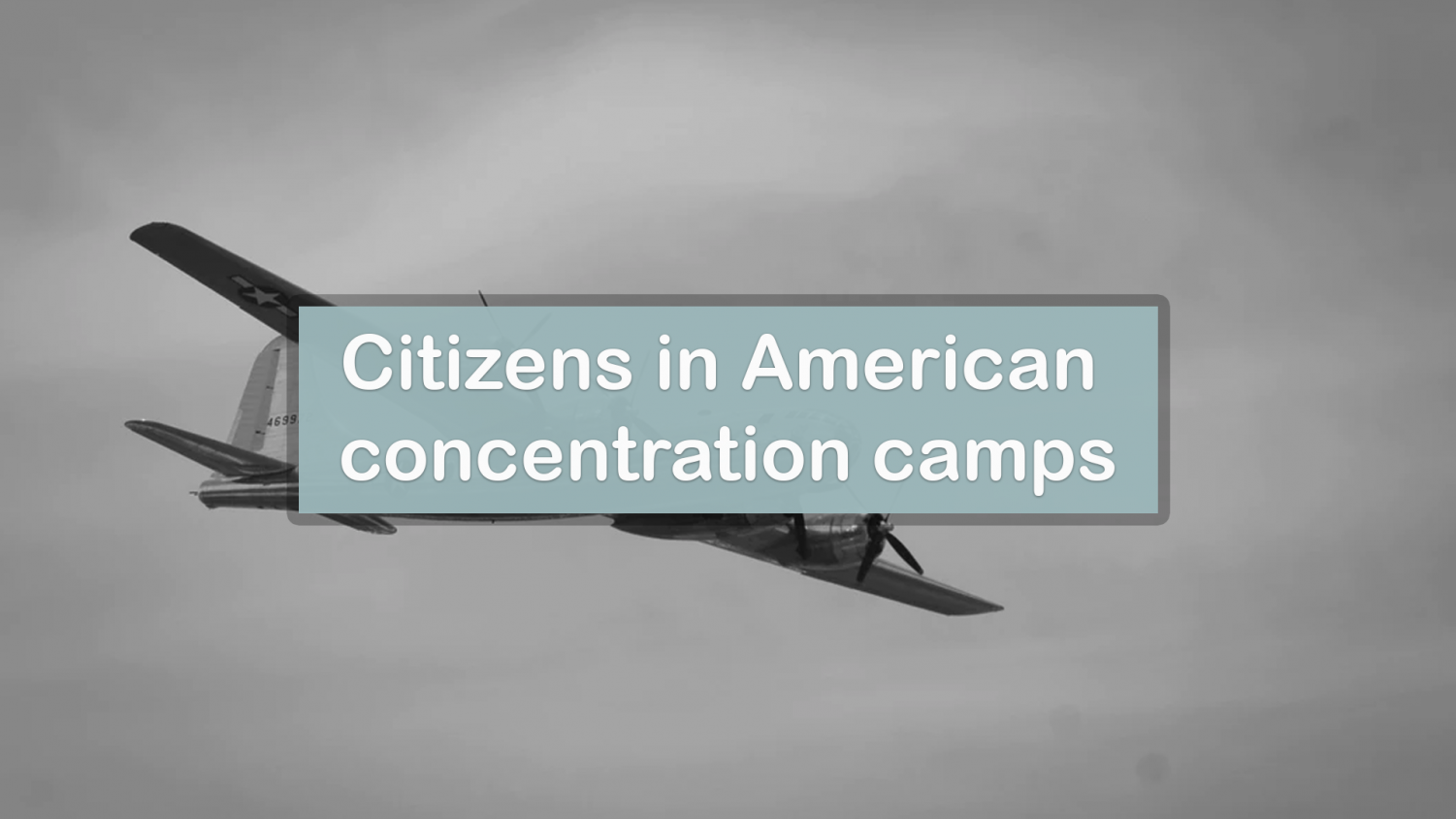Citizens in American concentration camps
July 5, 2021
Japanese Americans in Tacoma, WA were thriving since before WWII, and on Dec. 7, 1941, the idea of their citizenship changed. US navy base Pearl Harbor in a surprise attack was bombed by the Japanese navy air service. Afterwards, Japanese American citizens were looked upon differently.
“US citizens were among the first in the country to be forced from their homes with only the baggage they could carry,” the Tacoma History blog stated.
Any day starts as routine for anyone, until there is a knock at the door that will change life and perspective forever. Perhaps more importantly is the understanding that when speaking of American citizens, only a certain people come to mind at first.
I recently read “We Hereby Refuse: Japanese American Resistance to Wartime Incarceration,” written by Frank Abe and Tamiko Nimura. The experience was bittersweet in a sense because I love learning history but am aware that it’s sometimes ugly.
The book is a graphic novel which is excellently done, and I would invite anyone to read and go as far to say it was a great way to communicate history. However, this is not a review. What I am writing now is more a reflection on the occurrences and hoping to find out if the United States has learned something from the experience.
The graphic novel, like its title adheres to, reveals the struggle of Japanese Americans during WWII. The story covers the experiences of three people, Jim Akutsu, Hiroshi Kashiwagi and Mitsuye Endo. Each had difficult choices to make during their incarceration but raised questions of what citizenship actually is for someone who immigrated to the states.
Tacoma history has shown that Japanese people have been immigrating to the US since the 1880s. Through the 1940s a Japantown in downtown Tacoma was formed and was blossoming. Today, other than the Gerard Tsutakawa’s Maru sculpture close to University of Washington Tacoma, there is nearly no evidence of a once buzzing and vibrant Japantown.
There were hotels, barbers, dry cleaners, laundries, Japanese newspaper offices, restaurants, temples, churches, produce stands, import shops and a Japanese-language school. The town stretched from 17th Street near Union Station north to 11th street and from Pacific Avenue west to Market Street.
I have lived in Tacoma for almost two decades and have been downtown many times and have never seen a trace of Japantown. I will admit that I was never really looking for one and have not tried to acknowledge there was one. The main reason is not because of a desire to not see one, but merely because I had no idea there ever was one.
“There is no Japanese American neighborhood here now and that is one of the many incalculable costs of the Nikkei wartime incarceration,” Nimura stated in a blog on Discover Nikkei.
In 1942, 900 Japanese Tacomans were loaded onto a train headed to Pinedale Assembly Facility near Fresno Calif. Later, the Washington State Fairgrounds in Puyallup was converted into an internment camp for Japanese Americans from Seattle and Alaska.
During this time, Japanese men were being enlisted into the military to prove their loyalty to the US. Akutsu, Seattle born and native, refused to be drafted to the army when he was classified as a non-citizen and an enemy alien. He saw he had no obligation to serve and was imprisoned at McNeil Island Penitentiary.
Adults were given a questionnaire that became known as the “loyalty questionnaire,” meant for recruiting to the armed forces. Kashiwagi, born in Calif. was defined as a “disloyal” for refusing to answer. He renounced his US citizenship because answering yes or no, would be admitting allegiance to the Emperor of Japan.
Endo was the plaintiff in the landmark lawsuit which led to the ultimate closing of the concentration camps in 1945. She was sent with her family to the Tule Lake, Calif. concentration camp after being dismissed from employment. Along with 63 other employees she challenged the firings with the aid of JACL and their lawyer James C. Purcell.
Akutsu is a vocal critic of the Japanese American Citizens League and now lives in Seattle. Kashiwagi died in 2019 but became a poet, playwright, actor, author and known as a pioneer of Asian American Theatre. Endo resettled in Chicago and took a position as secretary for the Mayor’s Committee of Race relations and later died in 2006.
Perhaps their struggles are highlighted in history. The reality is the struggles are shared by a community of people who were either born in the US or had established a life here.
American citizens were incarcerated. American citizens were forced to renounce citizenship. American citizens were robbed of their life and dignity.
“For the sake of my daughters,” Nimura stated, “I have to believe that a deeper sense of empathy for all of our histories is possible.”

